
Iconic 70’s film star Karen Black passed away in August 2013. In February of that year, Karyn Rachtman introduced Ms. Black to Zach Hill. The two immediately hit it off. Zach had written a part for Karen for a film he was developing and gave her the pages for her scenes. Though she didn’t know how the scenes would fit into the final film, she readily agreed to read her character’s dialog on camera for Zach.
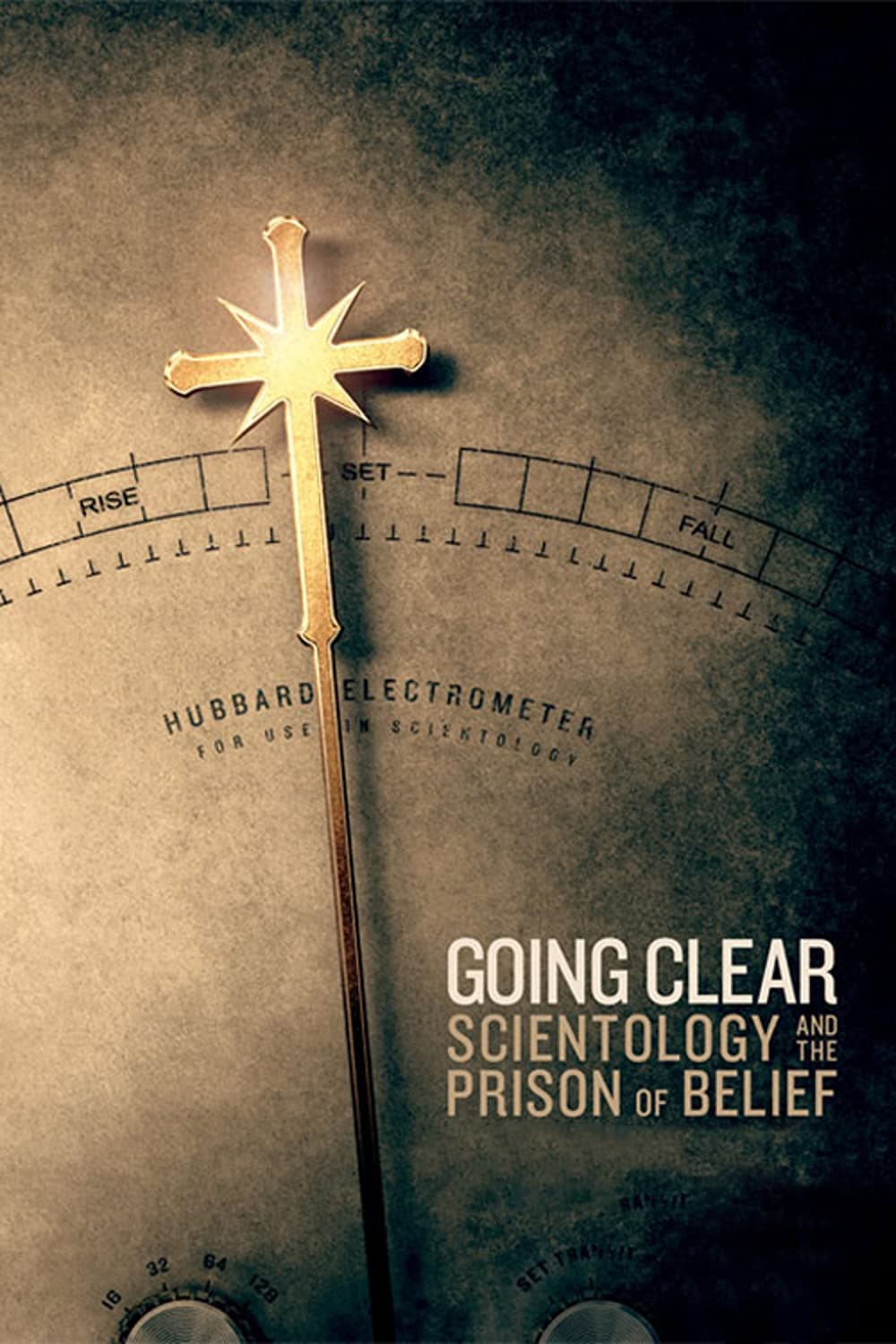
GOING CLEAR intimately profiles eight former members of the Church of Scientology, shining a light on how they attract true believers and the things they do in the name of religion.
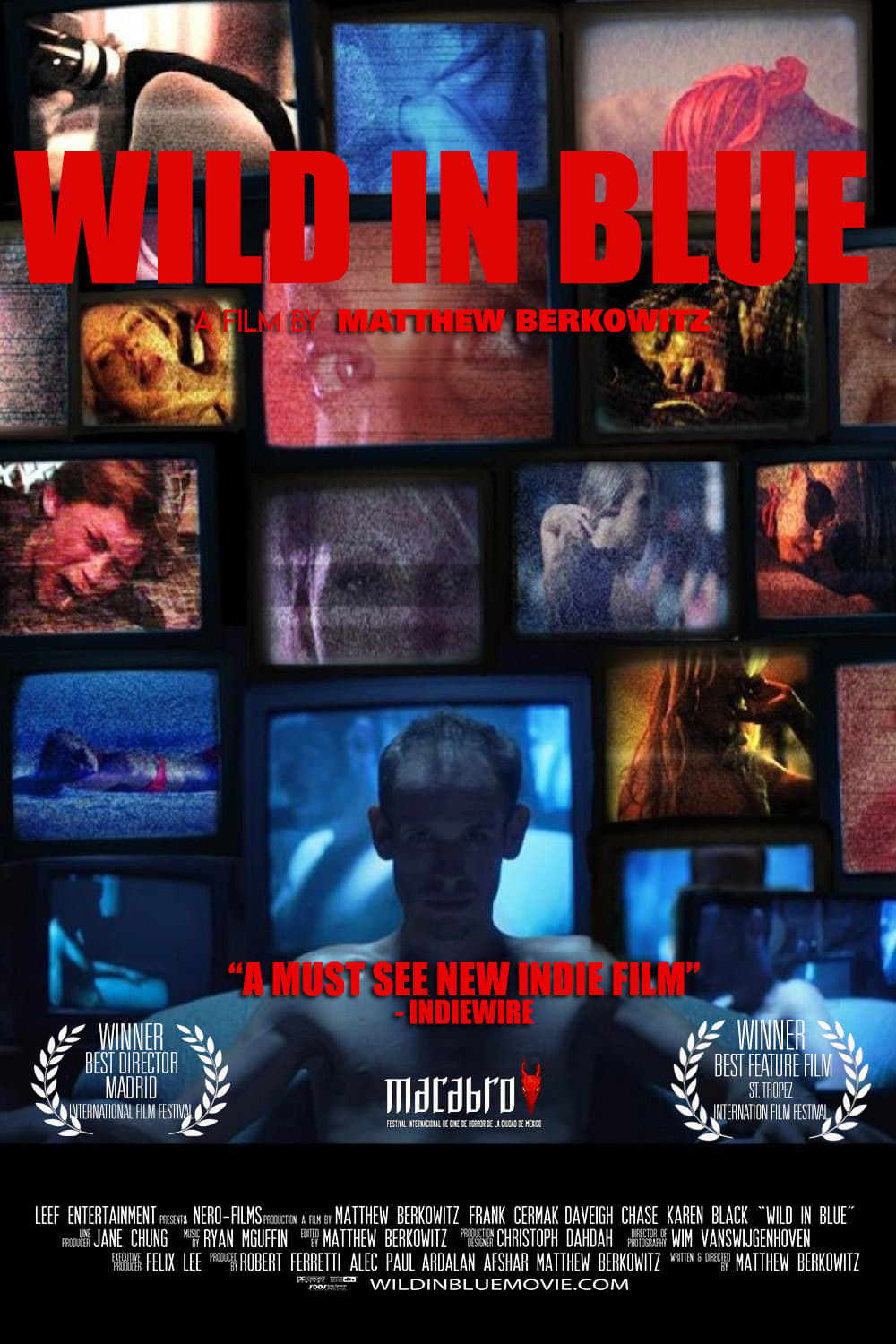
A story about a madman with a movie camera. He's a narcissist, nihilist, sexual sadist and killer of innocent women. His name is Charlie and WILD IN BLUE is his world: a place of evil, violence and perversion where only his camera tells the truth. He set out to make an honest film for you - no lies whatsoever - and after the madness and all the hate, you will love him.
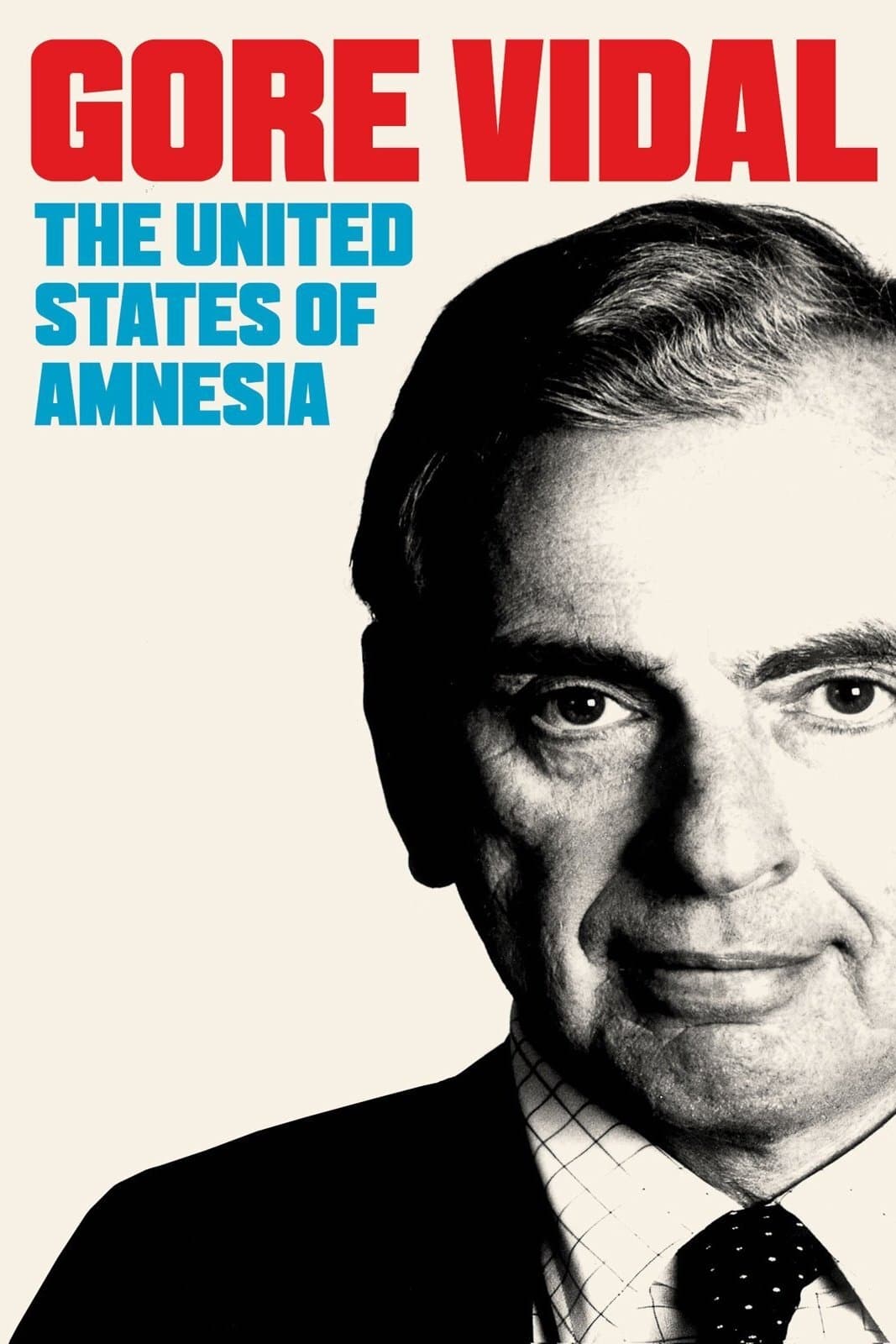
Anchored by intimate, one-on-one interviews with the man himself, Nicholas Wrathall’s new documentary is a fascinating and wholly entertaining tribute to the iconic Gore Vidal. Commentary by those who knew him best—including filmmaker/nephew Burr Steers and the late Christopher Hitchens—blends with footage from Vidal’s legendary on-air career to remind us why he will forever stand as one of the most brilliant and fearless critics of our time.
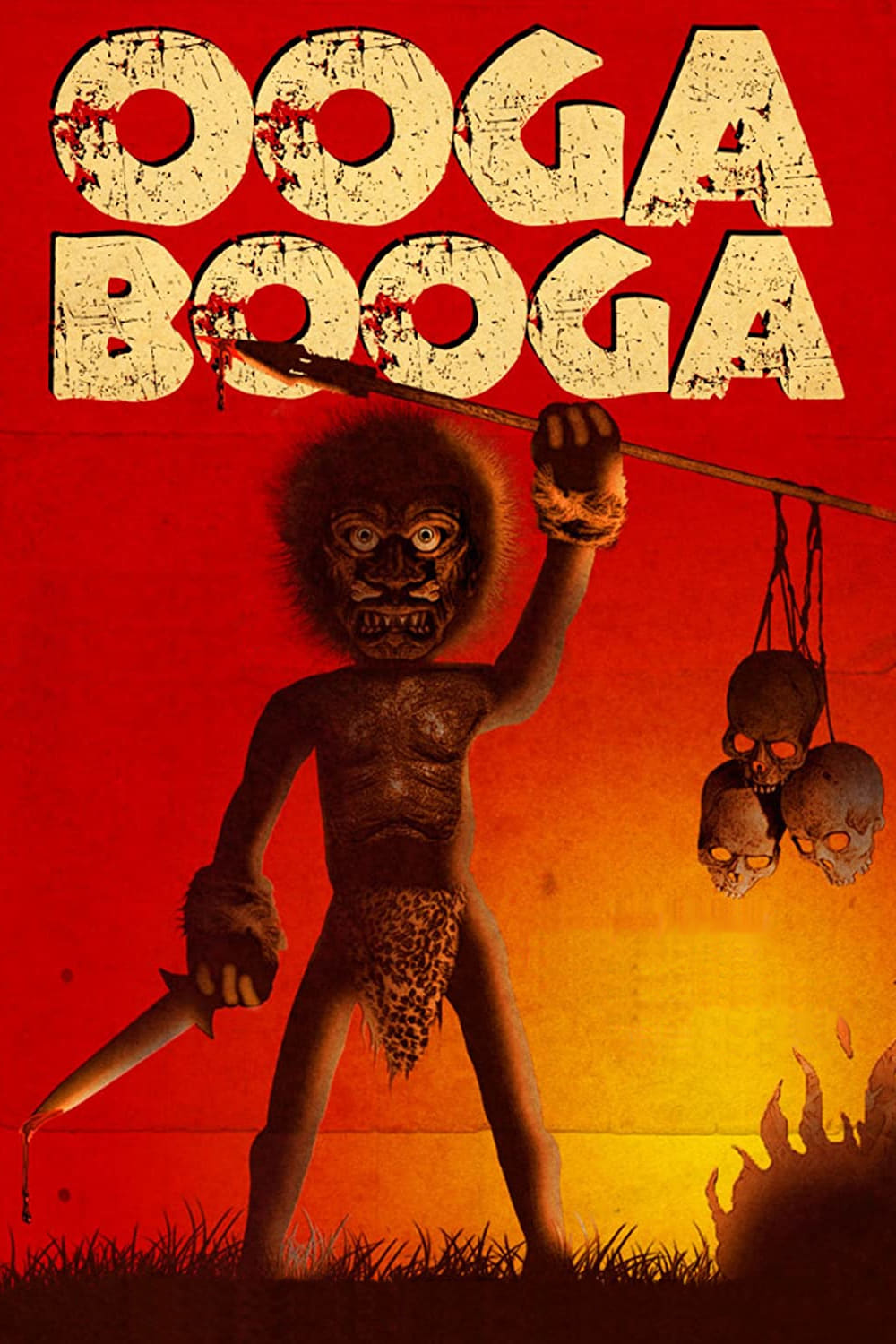
Revenge is served on a spear when dirty cops brutally murder Devin, an innocent African-American med student. Devin's soul is magically transferred into the body of an action figure named Ooga Booga. Armed only with his tribal weapon and the help of his old girlfriend, Donna, Ooga Booga takes to the streets and trailer parks to find the men who stole his bright future away from him. The bodies begin to pile up as Ooga Booga slices and dices his way through crooked cops, meth heads and demented city officials in order to clear his name.
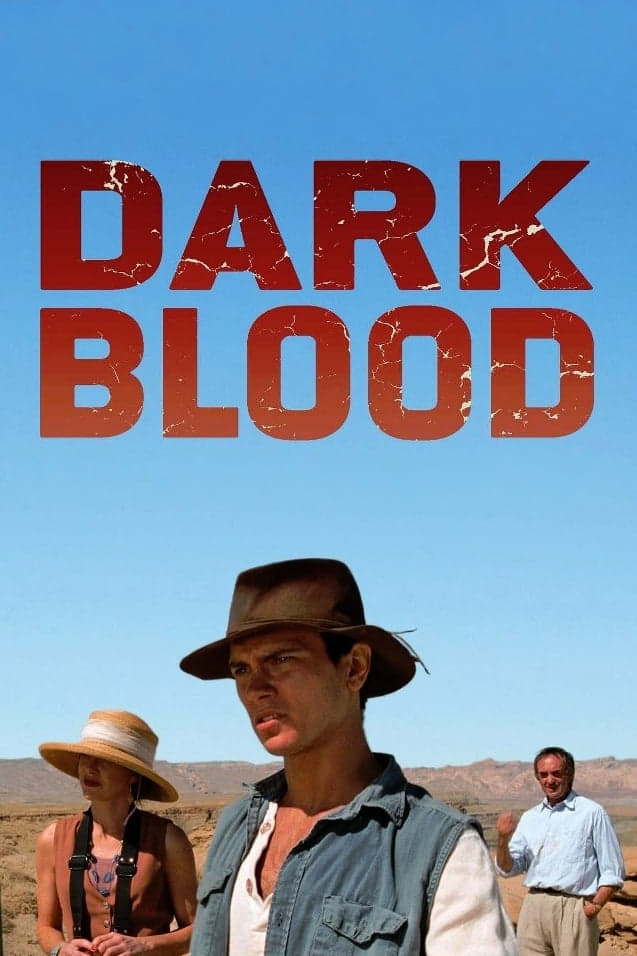
Filmed in 1993 but never completed due to River Phoenix's death, Dark Blood tells the story of Boy, a young widower living on a nuclear testing site in the desert. Boy is waiting for the end of the world and carves Katchina dolls that supposedly contain magical powers. Boy's solitude is interrupted when a Hollywood jet-set couple who are travelling across the desert become stranded after their car breaks down. The couple are rescued by Boy, who then holds them prisoner because of his desire for the woman and his ambition to create a better world with her.
.Ana (Judy Marte) is a young woman trying to reimagine her life after her mother’s death during the course of one California spring. Filled with resentment over her father’s mistakes, Ana feels disconnected from herself and everyone around her. Swept up by new romance (Brian Rieger) and a warm reunion with her half-sister (Lauren Fales), Ana is so taken by the newfound support and love in her life that she sets out to find someone—anyone other than herself—to help. She finds a volunteer project in Maria (Karen Black), a reclusive hoarder who has alienated her own family with her compulsive behavior. As the two become unlikely friends and confidantes, Ana finds herself in an emotionally complex relationship that reveals some uncomfortable truths about herself.

While doing laundry, a misfit 7-year-old girl tumbles into an alluring other-world, where she must decide the fate of her birthmark.
.A mentally disturbed man is prematurely released from an asylum and struggles to live a normal life by suppressing his dark, abusive past. Meanwhile, the people around him are consumed by their own darkness, but lack any self control.
Karen Blanche Black (née Ziegler; July 1, 1939 – August 8, 2013) was an American actress, screenwriter, singer, and songwriter. She rose to prominence for her work in various studio and independent films in the 1970s, frequently portraying eccentric and offbeat characters, and established herself as a figure of New Hollywood. Her career spanned over 50 years and includes nearly 200 credits in both independent and mainstream films. Black received numerous accolades throughout her career, including two Golden Globe Awards, as well as an Academy Award nomination for Best Supporting Actress. A native of suburban Chicago, Black studied theater at Northwestern University before dropping out and relocating to New York City. She performed on Broadway in 1965 before making her major film debut in Francis Ford Coppola's You're a Big Boy Now (1966). Black relocated to California and was cast as an acid-tripping prostitute in Dennis Hopper's road film Easy Rider (1969). That led to a lead in the drama Five Easy Pieces (1970), in which she played a hopeless beautician, for which she was nominated for an Academy Award and won a Golden Globe for Best Supporting Actress. Black made her first major commercial picture with the disaster film Airport 1975 (1974), and her subsequent appearance as Myrtle Wilson in The Great Gatsby (1974) won her a second Golden Globe for Best Supporting Actress. Black starred as a glamorous country singer in Robert Altman's ensemble musical drama Nashville (1975), also writing and performing two songs for the soundtrack, which won a Grammy Award for Best Score Soundtrack. Her portrayal of an aspiring actress in John Schlesinger's drama The Day of the Locust (also 1975) earned her a third Golden Globe nomination, this time for Best Actress. She subsequently took on four roles in Dan Curtis' anthology horror film Trilogy of Terror (1975), followed by Curtis's supernatural horror feature, Burnt Offerings (1976). The same year, she starred as a con artist in Alfred Hitchcock's final film, Family Plot. In 1982, Black starred as a trans woman in the Robert Altman-directed Broadway debut of Come Back to the Five and Dime, Jimmy Dean, Jimmy Dean, a role she also reprised in Altman's subsequent film adaptation. She next starred in the comedy Can She Bake a Cherry Pie? (1983), followed by Tobe Hooper's remake of Invaders from Mars (1986). For much of the late 1980s and 1990s, Black starred in a variety of arthouse, independent, and horror films, as well as writing her own screenplays. She had a leading role as a villainous mother in Rob Zombie's House of 1000 Corpses (2003), which cemented her status as a cult horror icon. She continued to star in low-profile films throughout the early 2000s, as well as working as a playwright before her death from ampullary cancer in 2013. Description above from the Wikipedia article Karen Black, licensed under CC-BY-SA, full list of contributors on Wikipedia.
By browsing this website, you accept our cookies policy.